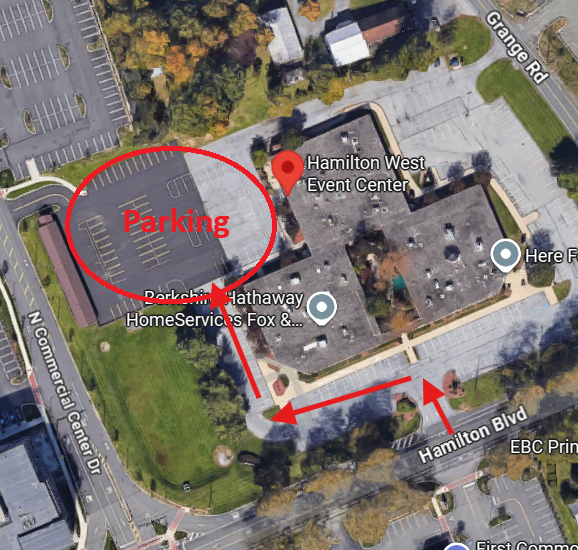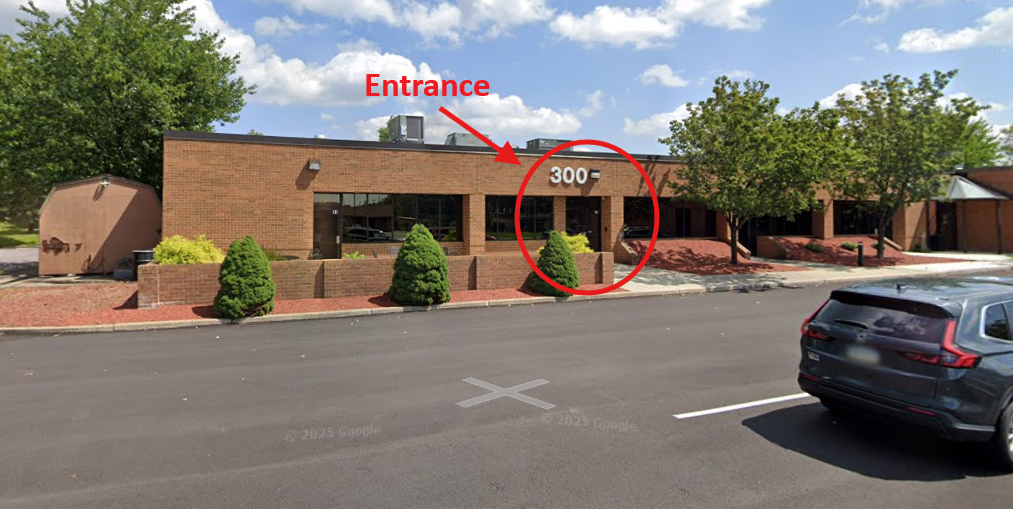Call to Worship
Psalm 113:1-3
Praise the LORD!
Praise, O servants of the LORD,
praise the name of the LORD!
2 Blessed be the name of the LORD
from this time forth and forevermore!
3 From the rising of the sun to its setting,
the name of the LORD is to be praised!
Psalm 113 is a classic hymn of praise. It begins with a call to worship (1-3) followed by a ground in the exalted being of God (4-6) and then the works of God (7-9).
The first verse has three commands or calls to worship – each using the same verb, “praise!” This threefold repetition drives home the point, but we should not also overlook the distinctive features of each command. The first command is a simple, “Praise the LORD.” The second situates us as “servants of the LORD.” And the third, calls us to praise the name of the LORD, which is a stand in for God Himself but with a focus on His renown and fame.
Verses 2 and 3 are each composed of two poetic lines and together form a chiasm:
A: Blessing/Praise (2a)
B: Eternal time frame (2b)
B: Eternal time frame (3a)
A: Blessing/Praise (3b)
These verses function as a bridge from the straightforward call to worship in verse 1 to the reasons for worship in the rest of the Psalm. Verse 2 picks up on the “name” of God and the verbs “blessed” and “be praised” are not the simple imperatives of verse 1. Instead, “blessed” is a third person imperatives (similar to those in the first three petitions of the Lord’s Prayer) and “be praised” is a passive participle. Therefore, they occupy a middle ground between calling the audience to praise God and simply asserting that God is praised.
Benediction
Numbers 6:22-27
The LORD spoke to Moses, saying, 23 “Speak to Aaron and his sons, saying, Thus you shall bless the people of Israel: you shall say to them,
24 The LORD bless you and keep you;
25 the LORD make his face to shine upon you and be gracious to you;
26 the LORD lift up his countenance upon you and give you peace.
27 “So shall they put my name upon the people of Israel, and I will bless them.”
This benediction from Numbers 6 is something of the grandfather of all biblical benedictions. I’ve included the verses surrounding the actual benediction because they are important to understanding it.
The first thing we should see is that God Himself commands Aaron and his sons (the priests) to bless His people. This wasn’t something they came up with and it certainly wasn’t optional.
Second, notice how carefully constructed the blessing is. It contains three lines, each composed of two parts. Furthermore, the covenant name of God, Yahweh, is repeated three times (translated by the ESV as LORD). The benediction emphasizes that, though it is pronounced by the mouth of a human priest, all the blessings come from God. In the benediction, Aaron and his sons are the mere mouthpieces of God. Interestingly, it is very plausible that Jesus quoted these words to His disciples as His last words on earth (Luke 24:50-51).
Third, take a look at verse 27, and pay special attention to that first word, “So.” Verse 27 tells us that it is by this benediction that the priests stamp God’s people with the seal of His name. Benedictions are not prayers, they are pronouncements.
So, as you hear this benediction the month of August – remember that God is placing His name upon you and promising His blessing to you!
Discover more from Grace Community Church
Subscribe to get the latest posts sent to your email.


0 Comments